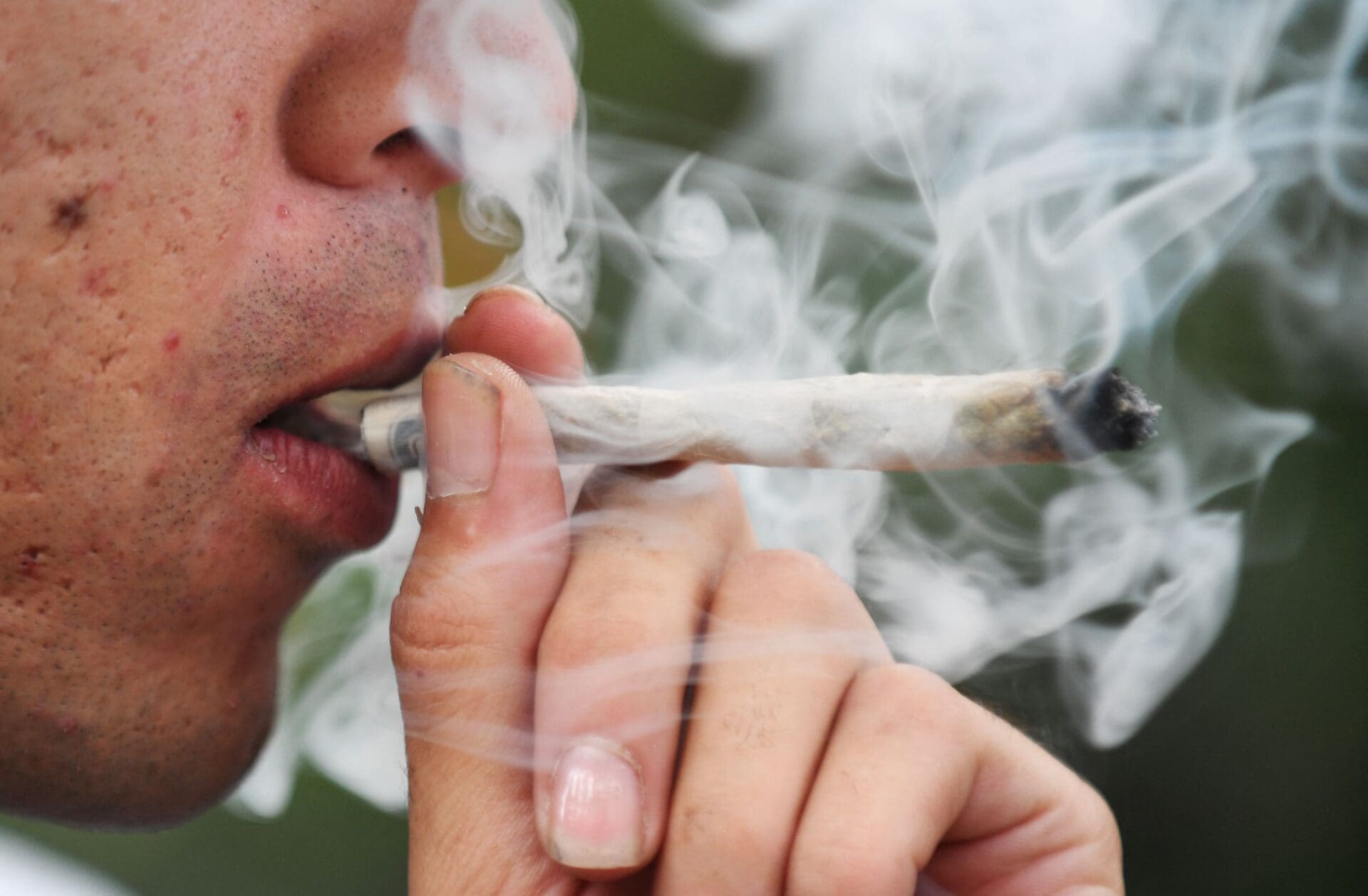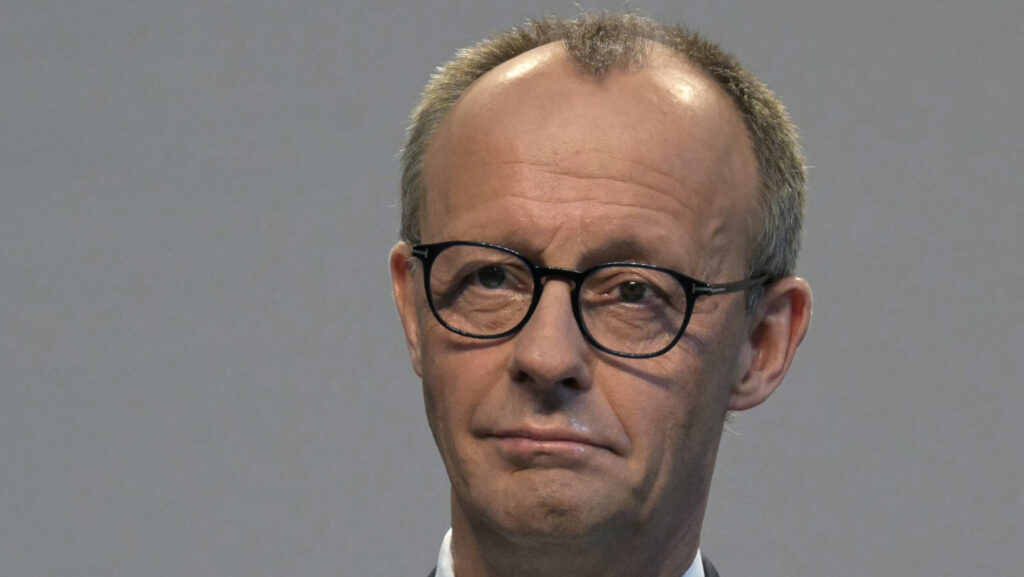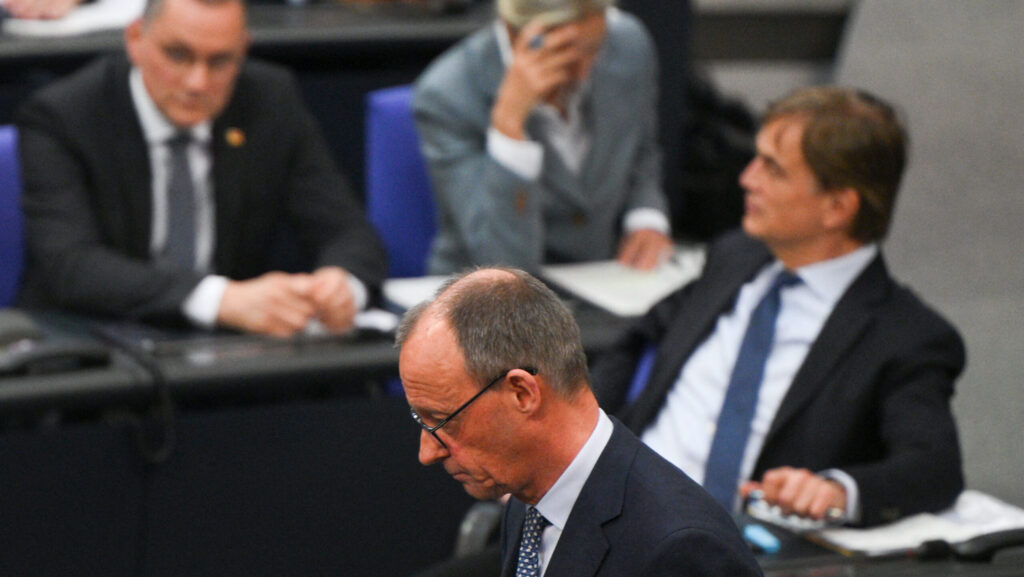This article was first publish on Constitutional Discourse.
Being a fervent Monty Python enthusiast is not a prerequisite for recognizing the iconic scene from The Holy Grail when—in search of the mighty treasure—Sir Lancelot embarks on a side quest, leading him to the wedding festivities at Swamp Castle to rescue Prince Herbert from an impending forced marriage. However, my current focus does not dwell on this particular scene; rather, it centres on the one immediately preceding it. In this prior scene, we witness the protracted arrival of the ‘respectable’ knight, and then, all of a sudden, an intentionally abrupt cut to Lancelot wreaking havoc among the wedding party.
While initially appearing unrelated, this parallel serves as a starting point for me to elucidate how soft drugs, particularly cannabis, might assume a role akin to Sir Lancelot in the context of Europe. Certainly, soft drugs will not become risk-free just because we relax regulations concerning them. Nonetheless, if such a change were to occur in Europe’s most economically influential nation, it could potentially trigger a ripple effect throughout the continent. In summary, the tipping point may be approaching sooner than we realize.
In mid-August, the German government submitted an extensive proposal, spanning more than 180 pages, for the legalization of cannabis to the Bundestag. As outlined in the proposal, and if accepted by the legislator, individuals aged 18 and above would gain the privilege of possessing up to 25 grams of the substance. Additionally, among others,
they would have the right to cultivate up to three cannabis plants for personal use and could participate in non-profit cannabis clubs
comprising up to 500 members for the purpose of trading the drug.
The rationale behind this move, as presented by the centre-left government, was to establish the most progressive regulatory framework in Europe. Their objective was twofold: to eradicate the black market and provide consumers with access to untainted, pure substances while simultaneously reducing drug-related crimes.
Critics of the regulation argue that the proposal lacks responsibility, disregards professional input, and poses a particular threat to the well-being of young individuals and the stability of public health while not solving the problem caused by the black markets.
However, let’s not linger on the pros and cons of the proposal; there are more pressing matters to contemplate. For instance, should the German government successfully push its concept through the Bundestag and the European Commission—as reported, the Commission’s experts have provided the German government with ‘very good’ feedback—it could potentially pave the way for the legalization of drug cultivation and trade in Europe’s largest market.
Now, it’s important to highlight that the German proposal takes into account the deficiencies of the similarly but not identically permissive Dutch regulations. In the Dutch context, a significant challenge arises from what’s known as the ‘back door effect.’ This term alludes to a notable legal paradox: while Dutch regulations tolerate the sale and purchase of cannabis products in Coffee Shops and the possession of the drug, the cultivation and acquisition of cannabis remain illegal.
Considering all these circumstances, especially compared to the Dutch regulation, the German draft is highly likely to align ‘well enough’ with legal principles, potentially pushing European lawmakers to grapple with value-based decisions. This prompts two questions: what implications might this have for the European Union’s common market? Are the EU and European citizens prepared for another subtle shift in the underlying values of the Union?
Given that this is a legislative proposal, the responses to these questions remain inherently theoretical.
Now, let’s delve into the heart of the matter: Could we be on the verge of a new ‘Cassis case’? It’s crucial to remember that if the European Commission endorses the German regulation, it effectively signals that German drug legalization complies with EU law. In such a scenario, the underlying logic of the aforementioned precedent could come into effect:
if a product is legally manufactured and marketed within a Member State, it should be regarded as freely tradable across the entire Union.
Upon initial consideration, this notion might appear startling, causing many to respond by raising eyebrows and drawing attention to another key factor of the 1979 Cassis judgment that states: ‘Obstacles to movement within the Community resulting from disparities between the national laws relating to the marketing of the products in question must be accepted in so far as those provisions may be recognized as being necessary in order to satisfy mandatory requirements relating in particular to…the protection of public health, the fairness of commercial transactions and the defence of the consumer.’
The debate over whether cannabis legalization poses a threat to public health, from the viewpoint of the EU legislator and law enforcement, fundamentally appears to be a matter of value judgment. Undoubtedly, the Council Framework Decision 2004/757/JHA setting out the minimum provisions for defining criminal offenses and penalties in the realm of illicit drug trafficking asserts: ‘Illicit drug trafficking poses a threat to health, safety and the quality of life of citizens of the European Union, and to the legal economy, stability and security of the Member States.’
However, it’s worth noting that this text might even suggest that the ‘licit’ drug trade does not raise the same concerns in the eyes of EU law enforcement—certainly not on a legal level. Additionally, it’s crucial to bear in mind that EU regulations do not advocate zero tolerance regarding drugs.
If we venture further, the hurdles to drug legalization at the EU level may appear even more haphazard, perhaps merely a procedural formality at best. Namely because on November 23, 2020, the Council of the European Union made a collective decision binding upon member states, directing them to represent the EU’s official position before the United Nations. This decision centred on the imperative to remove cannabis from Schedule IV of the Single Convention on Narcotic Drugs, where it had previously been grouped alongside opioids and heroin.
Under Schedule IV, drugs are subject to heightened regulations, including a comprehensive prohibition encompassing the production, manufacture, export, import, trade, possession, and use of any such substance. Additionally, these drugs are deemed to lack therapeutic benefits.
Notably, Hungary, the ‘usual suspect’, diverged from the consensus of EU member states in their voting on this matter at the UN. The rationale behind this deviation was rooted in the belief that endorsing the decision constituted a drastic step toward drug liberalization, seen as an unwarranted intrusion into national drug policy. Consequently, this dissenting stance had repercussions, with the European Commission initiating an infringement procedure against Hungary.
In summary, Germany, as the European Union’s largest economy, has a government that, as outlined in its coalition agreement, regards drug liberalization as a flagship policy initiative. Furthermore, the news in this regard indicate that Germany might get support from EU institutions for this policy objective, suggesting that the Court of Justice of the European Union may not present substantial objections should competition law disputes pertaining to the common market and EU freedoms arise germane to the German decision.
Now, let’s consider some pivotal questions.
First, is it possible that
concerns over the health and safety of EU citizens regarding ‘illicit’ drug trade suddenly dissipate when it becomes ‘licit’?
If the answer to this is no, could a procedure under Article 7 be initiated against Germany, given that the dispute pertains to values defined in Article 2 of the Treaty on European Union (TEU)? Remember: this states that the Union is founded on the values of respect for human dignity and respect for human rights. And remember case C-64/16 of the Court of Justice of the EU where the judicial body stated: ‘According to Article 2 TEU, the European Union is founded on values, such as the rule of law, which are common to the Member States in a society in which, inter alia, justice prevails. In that regard, it should be noted that mutual trust between the Member States…based on the fundamental premises that Member States share a set of common values on which the European Union is founded, as stated in Article 2 TEU.’
Now, anyone familiar with reading legal documents is aware that they can certainly be completely mis- and reinterpreted. So, the second question arises: will any EU member state step forward to instigate such proceedings? It’s worth noting that, apart from Hungary, all other EU member states voted in unison on the matter, a development several media outlets view as a precursor to liberalization.
Whether these questions will be deliberated upon remains a topic for future discourse. In any case, I discern the silhouette of Sir Lancelot on the horizon, an event horizon, right next to a black hole this proposed regulation might create, from which then there will be no escape.








